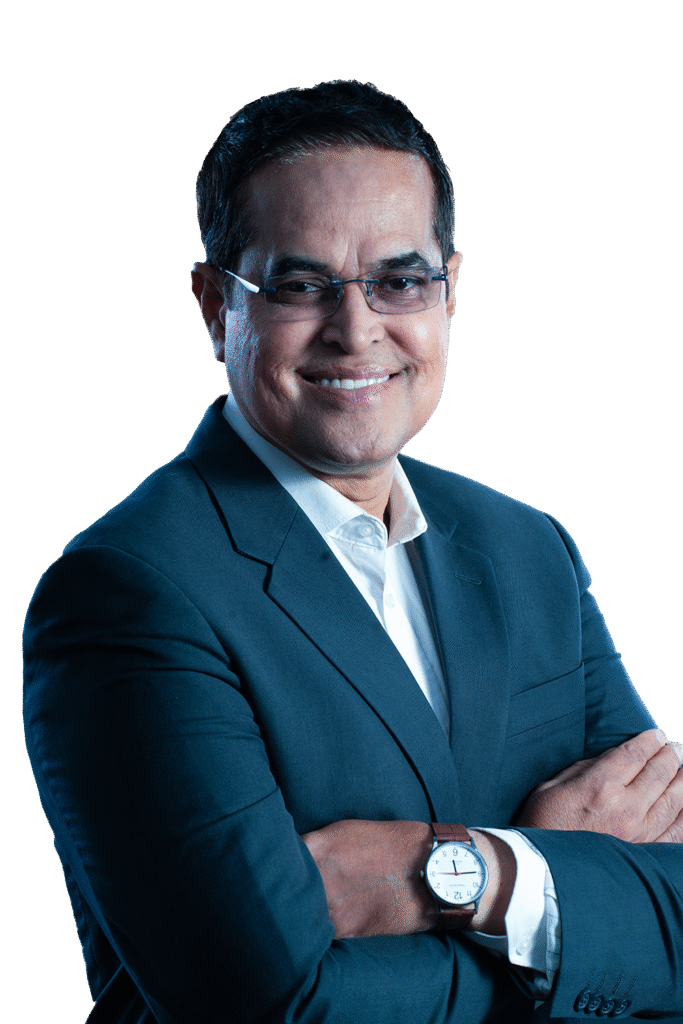
By
Quazi M. Ahmed
Founder & President, BOND
Migration is no longer a one-way journey. For a growing number of non-resident Bangladeshis (NRBs), life is defined by movement between countries, careers, and communities. In this evolving landscape, a new trend is emerging: circular migration.
Circular migration allows NRBs to live, work, or study abroad and return home temporarily or periodically bringing back valuable skills, experience, and networks each time. It’s a dynamic cycle that benefits both individuals and the nation. At BOND, we see this as a powerful and sustainable strategy for human capital development.
What Is Circular Migration?
Unlike permanent migration, circular migration is a pattern of mobility and return. An NRB might work in Canada for a few years, return to Bangladesh to invest or train youth, then take on another international role without ever breaking ties with home.
This flexible approach enables NRBs to maintain deep connections with Bangladesh while continuing their global engagement. More importantly, it turns migration into a source of recurring value rather than a final departure.
Why Circular Migration Matters
Bangladesh stands to gain immensely from this model. When skilled professionals return briefly or permanently, they carry not just knowledge, but the tools for transformation.
They introduce modern systems in workplaces, bring new technologies to local businesses, share global insights in classrooms, and offer fresh ideas in public service. These returning experiences enrich sectors like health, education, ICT, finance, and entrepreneurship.
For example, an NRB engineer working in Germany may return annually to mentor young innovators in Dhaka. A healthcare specialist in Australia might start a telemedicine project in a rural district. These recurring connections matter and they multiply impact.
Mutual Benefits for NRBs and Bangladesh
This model works because it creates value on both ends.
Returnees feel fulfilled by contributing to their country of origin without giving up their global careers. Bangladesh, in turn, benefits from world-class expertise without requiring permanent relocation.
Economically, returning NRBs often invest in startups, NGOs, or real estate. Socially, they support education, health, and community development. And professionally, they help raise the standards of local industries.
Barriers That Must Be Addressed
Despite its promise, circular migration remains underutilized. Many NRBs face difficulties such as:
– Complex procedures when trying to invest or collaborate
– Lack of clear pathways for returning professionals
– Disconnect between institutions and the diaspora
These challenges discourage potential contributors and create missed opportunities. A supportive system is essential to unlock the full potential of this cycle.
How BOND Supports Circular Migration
At BOND (Bridging Organization with NRBs for Development), we are committed to making circular migration a national development strategy.
We focus on:
- Creating structured platforms where NRBs can return and engage in meaningful work
- Connecting global professionals with local institutions that need their skills
- Advocating for smart policies that support mobility, reintegration, and long-term collaboration
Our aim is to make Bangladesh a place where global citizens can return again and again not just to visit, but to contribute.
A Future Built on Movement and Meaning
The future of Bangladesh doesn’t depend solely on who stays or who leaves it depends on how we stay connected. Circular migration proves that mobility can create stability, and that going abroad doesn’t mean leaving home behind.
When we empower our diaspora to return with knowledge, lead with heart, and collaborate with purpose, we create a development model that is flexible, inclusive, and lasting. Let’s embrace this cycle. Let’s build a nation that grows every time a citizen comes home again and again.
